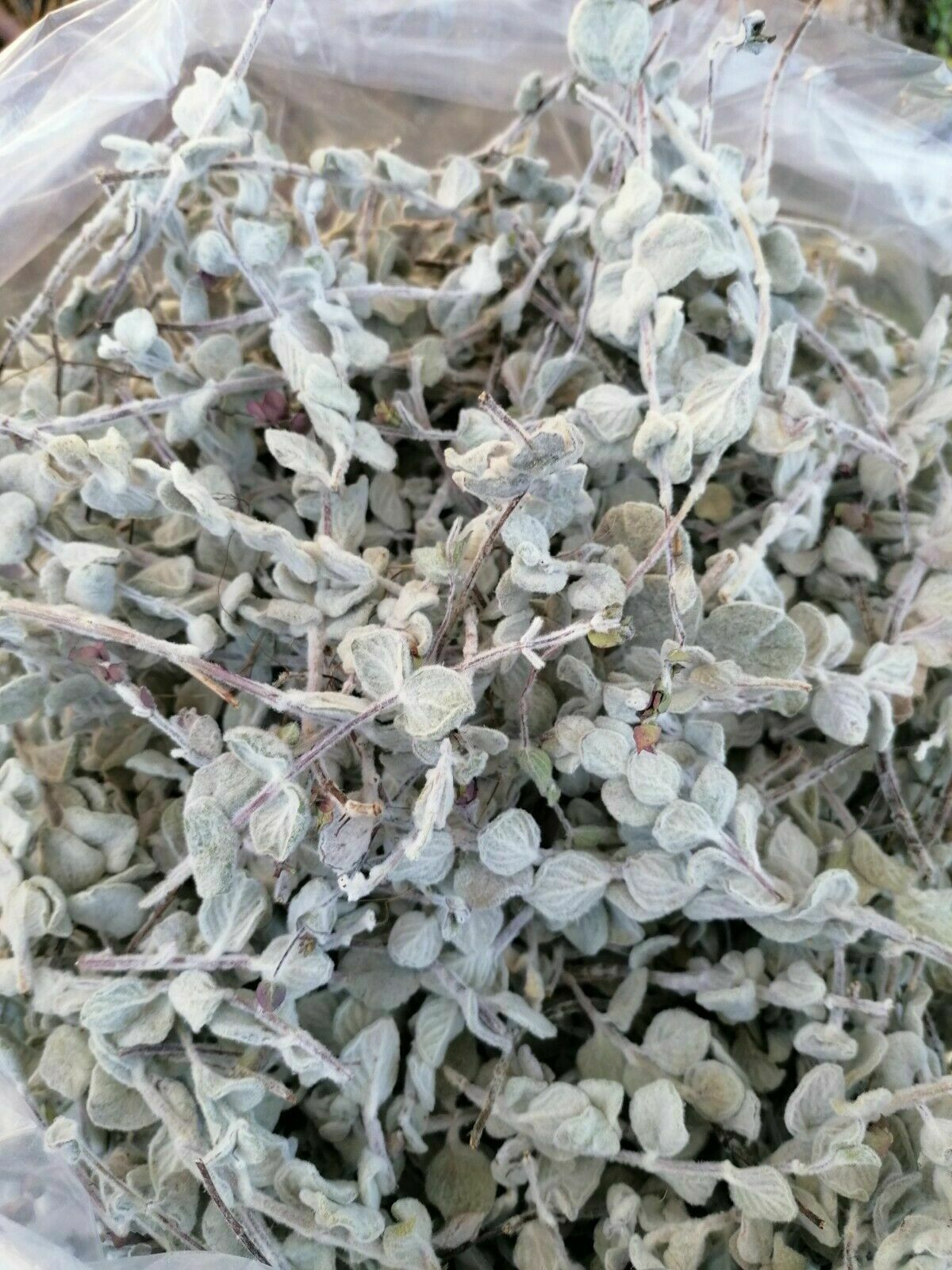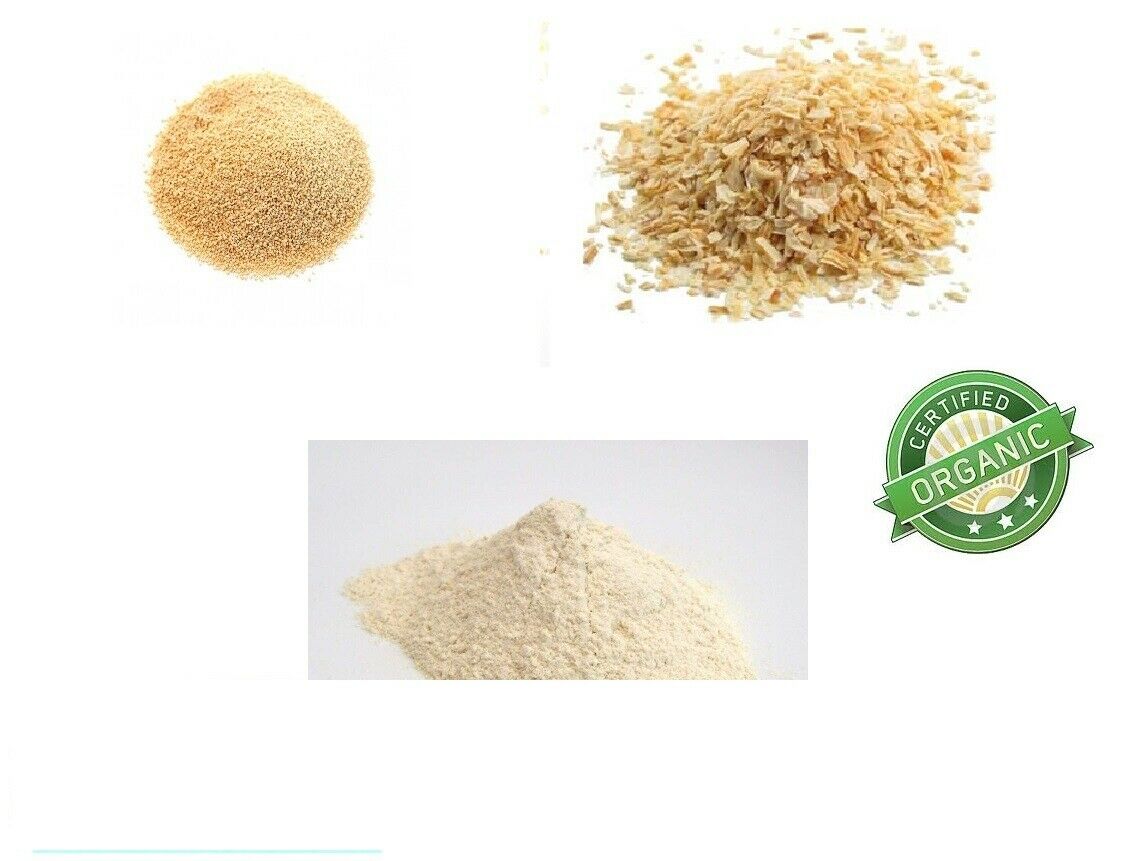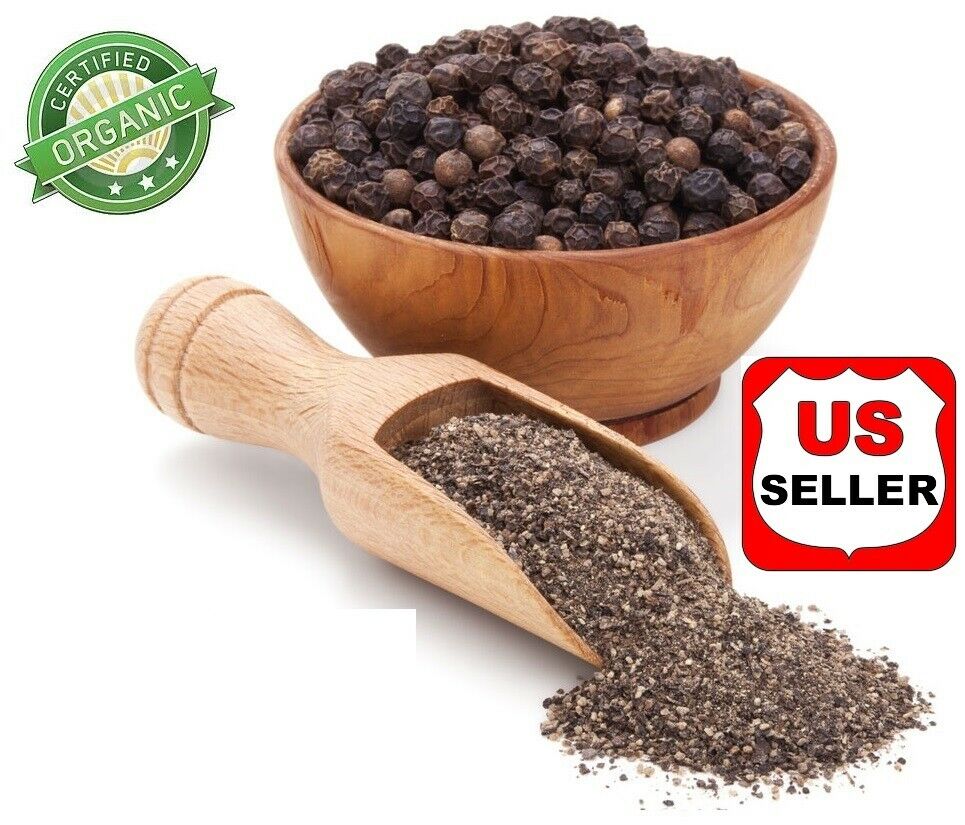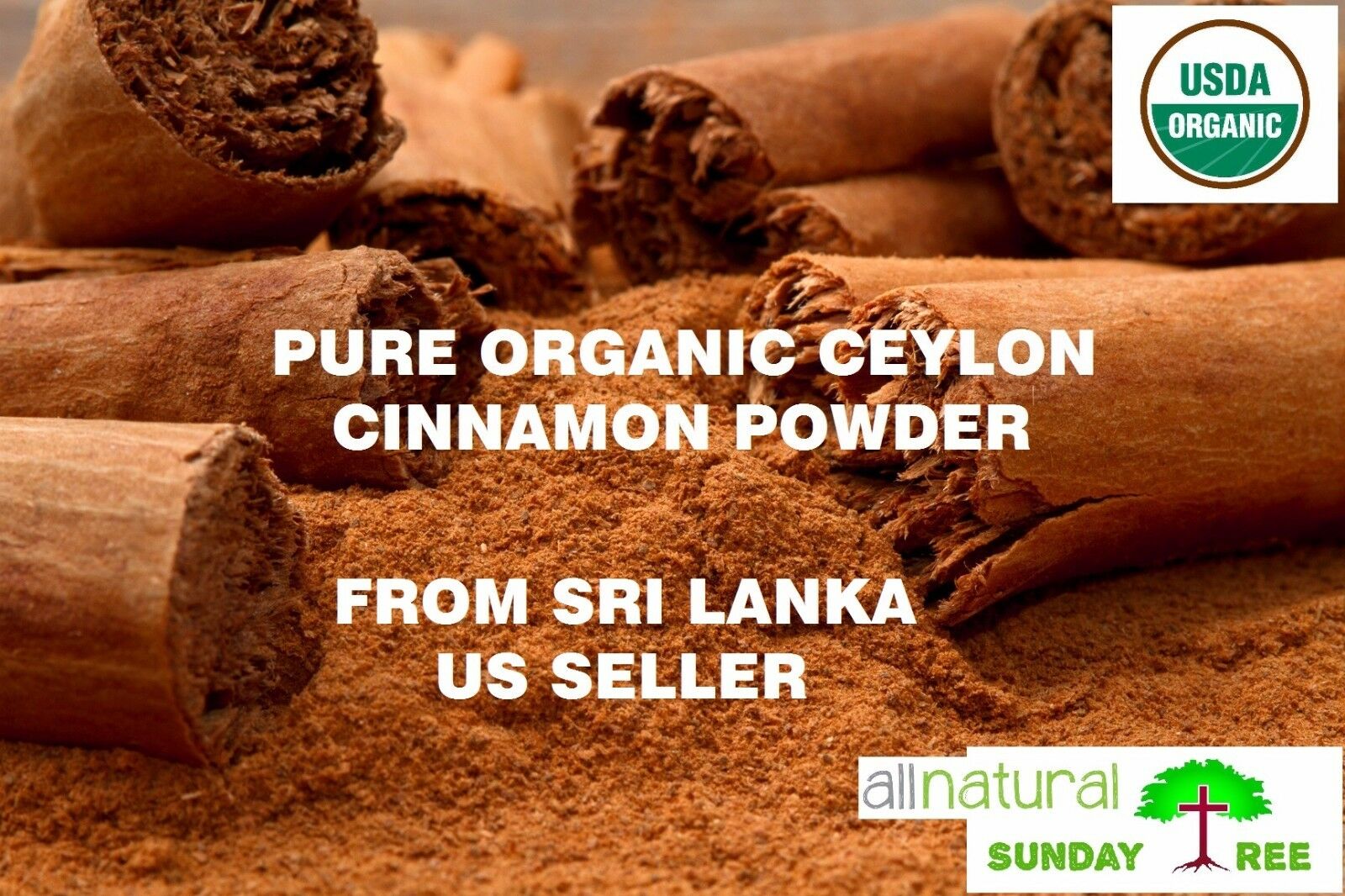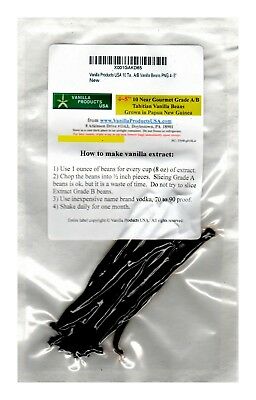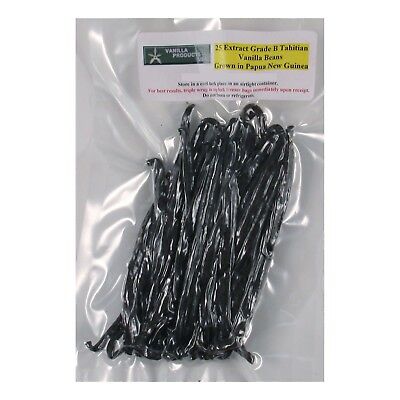-40%
Dittany of Crete 80gr-900gr Premium Quality Dried Leaves Bio Crete Greece
$ 6.33
- Description
- Size Guide
Description
Dittany of Crete 80gr-900gr Premium Quality Dried Leaves Bio Crete GreeceWill be send to you from Eleonas Country Village Organic Farms. We are located in Zaros village at the South valleys of the roots of the mythical Cretan mountain Psiloritis. Your order will sip from the tallest and wildest mountain of Crete and one of the most mythical of Greece.
Psiloritis Natural Park - UNESCO Global Geopark
Due to its rich geodiversity, its picturesque scenery and its longlasting history and tradition, Psiloritis geopark was included, from its early foundation, at the European Geoparks Network, and later at the Global Geoparks Network.
On 17th September 2015, in Paris, the General Assembly of UNESCO decided the creation of a new territorial program, the "International Geosciences and Geoparks Program", under which territories can be nominated as UNESCO Global Geoparks. Since then Psiloritis is recognized as UNESCO Global Geopark.
https://www.psiloritisgeopark.gr/en/fysiko-parko-psiloriti-pagkosmio-gewparko-unesco/
What are you buying?
You will receive an envelope with the packagings of your choice with
Dittany of Crete 80gr-900gr Premium Quality Dried Leaves Bio Crete Greece
Shipping:
In the total cost is included Free First Priority International Shipping with tracking number by Hellenic Post.
Please have Complete Name, Correct Shipping Address on your Order or Payment Invoice.
In case of multiple items, contact us for combined shipping before you pay. Shipping fees are calculated by the weight of letter or package.
For orders greater than 2 kilograms is required a Valid Contact Phone, a Valid Tax Number and the Name of the Tax Office that you are registered.
After payment has been received, usually the item(s) will be shipped within 1 working day.
Usually it may take up to 3 to 5 days for local destinations and up to 1 to 5 weeks for worldwide destinations for delivery depending on the location.
Working and shipping days are the business days only (Monday through Friday) Weekends & Federal holidays excluded.
Attention:
Buyers are responsible for their countries' custom laws. We have no responsibility, to possible prohibition laws or import prohibition laws, any restrictions, import fees or extra charges imposed by buyer's country.
Contact, Returns, Feedback:
Please feel free to contact us for any questions, information’s or clarifications you may need and we will be very happy to talk with you.
Returns are not accepted. Please ensure that this is an item you really want to buy before making your purchase.
We want you to get a full satisfaction with your purchase, so for any misunderstood, problem that you may face, mistake from our side or any other reason you feel you are not fully satisfied, please contact us before leaving feedback and we'll do what's necessary to solve the problem and ensure your full satisfaction!
We are trying to earn a 5-star rating from every purchase. When you receive your purchase, please take a moment to leave us a positive feedback.
Thank you for your interest in our products, no matter if you buy or not thank you for your time spent.
Description:
Origanum dictamnus, the dittany of Crete, Cretan dittany or hop marjoram, is a tender perennial plant that grows 20–30 cm high. It is known in Greek as δίκταμο (díktamo, cf. "dittany") or in Cretan dialect έρωντας (erontas, "love"). It is a therapeutic and aromatic plant that grows wild only on the mountainsides and gorges of the Greek island of Crete.
It is widely used for food flavouring and medicinal purposes, in addition to featuring as an ornamental plant in gardens. This small shrub is easily recognised by the distinctive soft, woolly covering of white-grey hair on its stems and round green leaves, giving it a velvety texture. Tiny rose-pink flowers surrounded by brighter purple-pink bracts add an exuberant splash of colour to the plant in summer and autumn.
Is symbolizing love and to be an aphrodisiac, only the most ardent young lovers was scrambling on mountainsides and the deep gorges of Crete gathering bunches of the pink blooms to present as love tokens. There are numerous deaths reported throughout the centuries by collectors of this magical herb.
Even in recent times, the collection of dittany of Crete was a very dangerous occupation for the men who risked life and limb to climb precarious rock faces where the plant grows wild in the mountains of Crete. They were named erondades (love seekers) and were considered very passionate men to go to such dangerous lengths to collect the herb.
Dittany of Crete has always been highly prized, it is gathered while in bloom in the summer months, and is exported for use in pharmaceuticals, perfumery and to flavour drinks such as vermouth and absinthe.
In Ancient Greece, Hippocrates prescribed plant cures to aid all manner of ailments, and considered dittany of Crete useful for stomach aches and complaints of the digestive system and as a poultice for healing wounds, as well as inducing menstruation.
The Greek philosopher Aristotle in his work The History of Animals (612a4) wrote: "Wild goats in Crete are said, when wounded by arrow, to go in search of dittany, which is supposed to have the property of ejecting arrows in the body.".
The Greek scholar and philosopher Theophrastus agreed with Aristotle about the healing properties of dittany of Crete. In his work Enquiry into Plants, he noted that dittany was peculiar to Crete, and that it was "said to be true, that, if goats eat it when they have been shot, it rids them of the arrow" (9.16.1).
Other scholars of Ancient Greece and later have made reference to dittany, but probably referred to Dictamnus albus, known as false or white dittany.
Today, the wild, naturally grown dittany of Crete is classed as "rare" and is protected by European law so it does not become extinct. The cultivation now centres on Embaros and the surrounding villages, south of Heraklion, Crete, and is used to make herbal tea and for use in natural beauty products.
The dittany is classified as vulnerable on the IUCN Red List of Threatened Plant Species 1997.
It is used for digestive tract disorders including cramps, stomach problems, and worms in the intestines. It is also used for urinary tract and genital tract disorders.
Women take it to start menstruation, as birth control, and to help force out the placenta after childbirth.
Other uses include treating epilepsy, spasms, fluid retention, baldness, liver disease (hepatitis) and is used as a stimulant or tonic.
Some people apply it directly to the affected area (topically) for treating skin disorders such as wounds, eczema, bacterial infection (impetigo), swelling (inflammation), and an infection (scabies) caused by tiny lice-like insects as well as for painful conditions such as joint pain caused by arthritis or rheumatism. Other topical uses include treatment of fever, excessive uterine bleeding, use as a sedative for adults and children and use as a tonic.
Don’t confuse this plant with wahoo, which is also referred to as "burning bush". One of the ways to tell the difference is that this burning bush, the Dittany of Crete has a distinctive lemon or cinnamon scent, and its oil burns easily.
Other Names:
Greece: Dictamos, Adichtamos, Atitamos, Dictami, Erontas, Levanochorto, Malliarochorto, Stathοri, Stamatochorto, Stomachohorto, Titamos, Attitamos, Simpsychi, Gerontas, Diapsychos, wild Origanum, Kefalochorto
England: Dittany of Crete, Dictamna hops, Dictamnus, Winter Sweet, Dittany, Hop Marjoram, Hop Plant
France: Dictame de Crête
Germany: Diptamdosten, Kretadiptam, Dictamno, Kreta-Majoran, Majoran Kreta
Italy: Origano de Creta, Dittamo di Candia, Dittamo Cretico
Turkey: Mangirotu,
Also known as: Burning bush, Adiptam, Burnet Saxifrage, Dictame Blanc, Dictame Fraxinelle, Dictamnus albus, Dictamnus caucasicus, Dictamnus fraxinellus, Dictamo Blanco, Díctamo Blanco, Fraxinella, Fraxinelle, Gas Plant, Herba Dictamni.
Uses, Benefits, Effectiveness and Dosing:
Nowadays, as in the past, dittany is widely used in Crete as a traditional medicine. The aerial parts of the plants are being used in various preparations against almost every illness and for the maintenance of good health. The following data refer to the most common uses of these preparations according to the local villagers and ethnographic literature.
Infusion: 20-50 g of plant material in 1 l hot water, (or 3-7 g in 150 ml of hot water) 2-3 cups (150-200 ml each) daily. Oral use. Against tonsillitis, cold, cough, sore throats, digestive, spasmolytic, against stomach discomfort and mild gastric disorders.
Also infusion: 3-7 g in 150 ml of hot water, or chewed crude plant parts against gingivitis and cough and cold as well as against mild gastric disorders.
Decoction: 1.5-5 g of dried dittany in 150 ml (about one cup) of water. The plant should not be left for long into the boiling water (around 2-4 min is enough). The decoction called ‘brastari’ in Crete should be used within 24 h after its preparation.
Dosage: 2-3 cups per day (150-200 ml each).
Uses: for gingivitis and sore throat, common cold and against cough. The decoction has been also used for digestion, stomach-aches and mild gastric disorders.
Tincture: 15-30 g of dried or fresh herb in 1 l wine or “raki” traditional Cretan drink or white wine (or 25% ethanol dilution)
Uses: similar to the decoction 5 ml 1-2 times per day.
Cutaneous use (used externally): compresses of the infusion or the decoction (30-75 g/l of herbal substance).
Uses: antiseptic, anti-inflammatory, against bruises and ulcerations, for wound healing.
Dosage: 2-5 times per day.
Additionally a recent ethnopharmacological study, considering the herbs traded in the local markets of Thessaloniki, reported the following therapeutic uses for the aerial parts of the herb applied either as an infusion for oral use or as an external application (cutaneous use as compress or washing):
Gastrointestinal disorders - spasmolytic, stomach ulcer, Skin disorders - antiseptic, antibacterial activities, aphrodisiac.
The appropriate dose depends on several factors such as the user's age, health, and several other conditions. At this time there is not enough scientific information to determine an appropriate range of doses. Keep in mind that natural products are not always necessarily safe and dosages can be important. Be sure to follow relevant directions on product labels and consult your pharmacist or physician or other healthcare professional before using.
Side Effects, Special Precautions, Warnings, Interactions:
Some side effects are known. For example, it can increase the risk of sunburn if it comes in contact with the skin.
Pregnancy and breast-feeding: Not enough is known about the use of burning bush during pregnancy and breast-feeding. Stay on the safe side and avoid use.
We currently have no information for Interactions.
Disclaimer, Conditions of Use and Important Information:
The above information is not intended to treat, diagnose, cure, heal, mitigate, or remedy disease. It is for educational purposes only and should not be implemented without the express consent of your healthcare practitioner.
The above information is meant to supplement, not replace advice from your doctor or healthcare provider and is not meant to cover all possible uses, precautions, interactions or adverse effects. This information may not fit your specific health circumstances. Never delay or disregard seeking professional medical advice from your doctor or other qualified health care provider because of something you have read on WebMD. You should always speak with your doctor or health care professional before you start, stop, or change any prescribed part of your health care plan or treatment and to determine what course of therapy is right for you.
The above copyrighted material is provided by Natural Medicines Comprehensive Database Consumer Version. Information from this source is evidence-based and objective, and without commercial influence. For professional medical information on natural medicines, see Natural Medicines Comprehensive Database Professional Version.
© Therapeutic Research Faculty 2021.
Additional Sources:
https://en.wikipedia.org/wiki/Origanum_dictamnus
https://www.webmd.com/vitamins/ai/ingredientmono-599/burning-bush
https://www.ema.europa.eu/en/documents/herbal-report/final-assessment-report-origanum-dictamnus-l-herba_en.pdf

